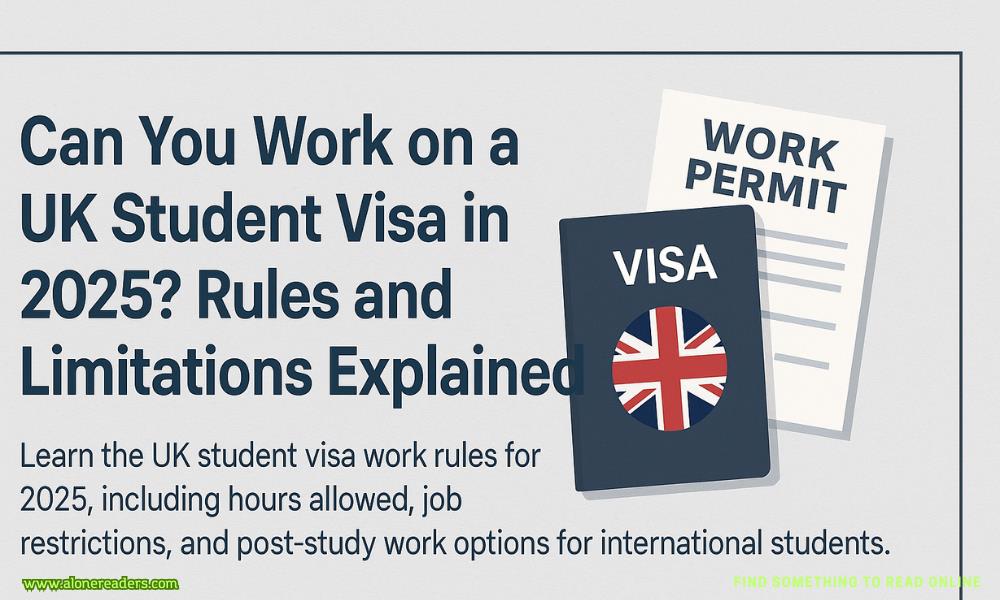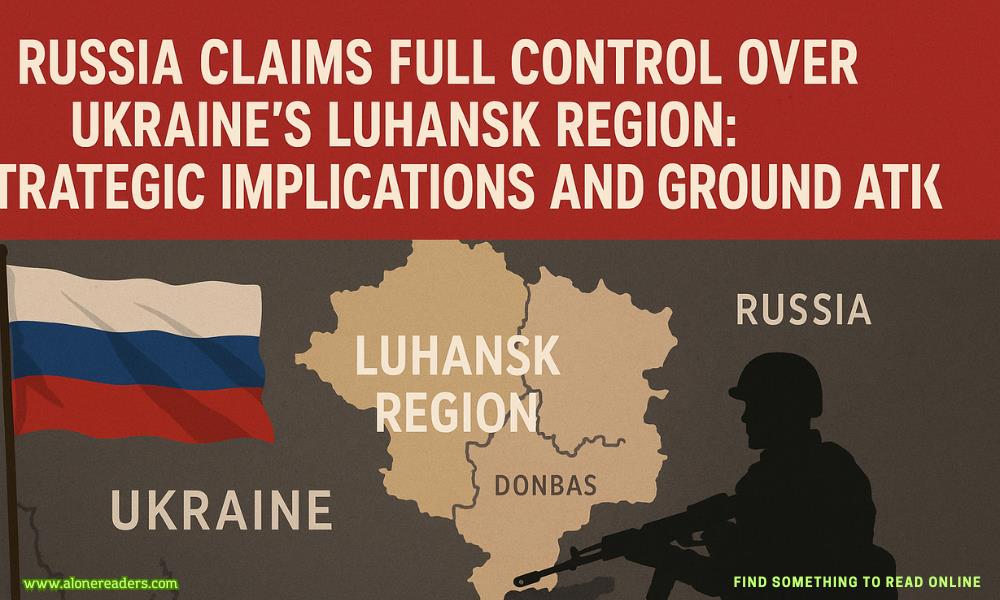Page 2 of Best Kept Vows
But once I shook the dean’s hand, and accepted my diploma, that pressure lifted away.
I had a degree.My degree.
A smattering of applause rang out, and through the noise, one voice rose above the rest—Ada, shouting, “Go, Mama! That’s my mama, y’all. Isn’t she awesome?”
I let out a breathless laugh, a rush of pride, relief, and disbelief flooding through me.
I held the diploma tight, feeling its substance in my hands—proof that I had done this, that it wasn’t just an idea or a dream anymore.
As I made my way back to my seat, the initial rush of triumph gave way to excitement laced with fear. The degree was only the beginning. Now came the real challenge.
I had no job lined up and no concrete plan on how to find one. I wasn’t young and fresh out of school. I was forty-four, starting from scratch. Who would take a chance onme? Would my skills mean anything to an employer after spending decades as a wife and mother? Doubt crept in, cold and insidious, but I pushed it back. I had come too far to let fear win now.
Ada hugged me when I made it out to the garden, nearly knocking the diploma from my hands as she squeezed me tight.
“I’m so proud of you, Mama!” She beamed at me.
I sank into the warmth of the moment and my daughter—wrapping around me like sunshine.
“I can’t believe it’s over,” I admitted, shaking my head. “After all those late nights and coffee-fueled study sessions…I actually did it.”
Ada grinned. “And you killed that speech! Seriously, people were moved. One lady in the row behind me was crying.”
I chuckled, brushing a stray hair from my face. “I was just trying to make it through without tripping over my words.”
“Well, you didn’t trip at all! You were amazing.” She looped her arm through mine as we strolled along the pathway. “So…how does it feel to be officially done?”
I exhaled, glancing around at the other graduates celebrating with their families. Some had jobs lined up already, futures mapped out. I had nothing but an empty house to return to.
“I feel relievedand…proud,” I confessed. “I also feel a little like I’m standing on the edge of a cliff, about to jump.” I let out a nervous laugh. “I need a job, Ada. And I have no idea who’s going to hire a forty-four-year-old MBA graduate with zero experience in the field.”
Ada nudged me playfully. “Mama, you ran our entire household for decades. You managed finances, schedules, and logistics. You basically have CEO-level experience—you just didn’t get paid for it.”
I smiled at her optimism, even as doubt lingered at the edges of my mind. “I hope someone else sees it that way.”
“They will,” she assured me firmly. “And if they don’t, they’re idiots.”
“Well, no one ever called me an idiot,” a stern voice from behind us said.
I turned to see Betsy Rhodes.
TheBetsy Rhodes—theFirst Ladyof the Savannah society scene, married to Atticus Rhodes oftheRhodes Family. She was not from the South; in fact, she was from Boston. She was known for being blunt and wielding her influence with pleasure and precision.
I swallowed. “Mrs. Rhodes.”
“Betsy, please. Mrs. Rhodes was Atticus’s mama, and she was anabsolutenightmare. May God rest her soul.” She grinned mischievously. “How are you, Lia?”
Betsy Rhodes looked regal in her Chanel peach-colored skirt suit. She had an air about her that made you want to bow to her like you would a queen.
“Very well, thank you. Ah…this is my daughter Ada.”
Betsy held out her hand and shook Ada’s. “And what do you do, Ada?”
Ada, who had no fear, and self-esteem in the gazillions—if there was a counter for it, didn’t seem to care, even if she knew that Betsy was one of the most powerful women in Savannah.
“I’m studying public policy at Emory.”
“And what do you want to do whenyougrow up?” Betsy asked, bemused.
- Her Irresistible Husband by Marian Tee
- Bratva Past by Sam Crescent
- Unbroken by Jane Henry
- Tattooed Vow by Kat Steele
- Broken by Jordan Marie
- Pleasure Lessons by Jenna Rose
- Craved By Gray by Cassi Hart
- Road Trip With Her Daddy Protector by Lizzie Sparks
- My Tempting Mountain Man by Lizzie Sparks
- Text Me, Take Me by Flora Ferrari
- Twisted Fate by M. James
- Born in Sin by Shilpa Suraj
- Exposed by Samantha Wilde
- Beyond Repair: Part One by Y.V. Larson
- Eternal Pieces by Hana Meadows
- Special Agent Anastacia by Mimi Barbour







